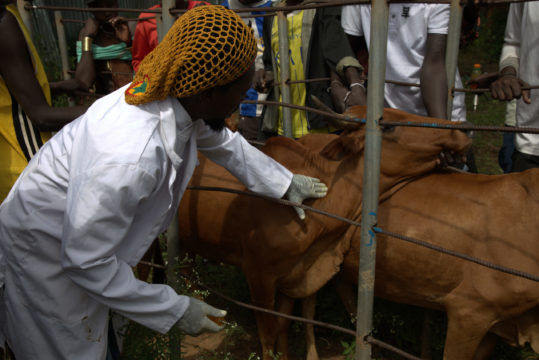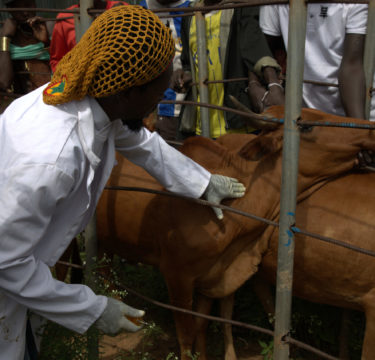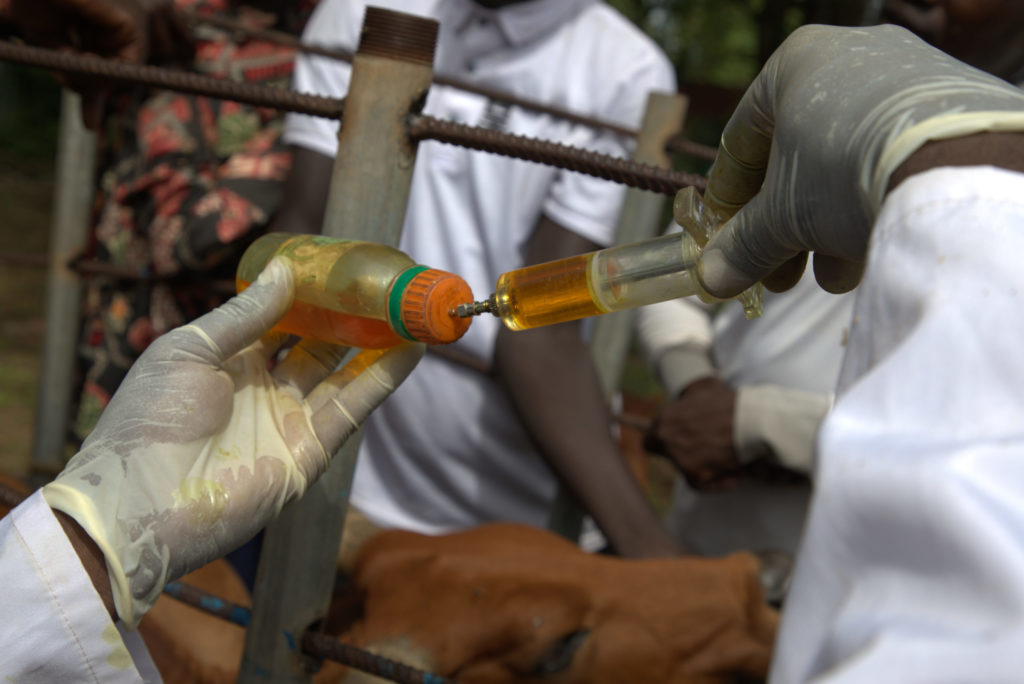Healthy Cattle, Peaceful Communities – How Vaccinating Cattle Helps Ease Conflicts in Ethiopia’s Omo Valley


In southern Ethiopia, cows are much more than just a source of food and income. They symbolize social status, play a role in ceremonies, and sometimes spark conflicts between tribes. The Polish Center for International Aid (PCPM) demonstrates that caring for animal health together can unite people instead of dividing them. Through vaccinations, veterinary training, and supporting herders, communities in the Omo Valley are learning to cooperate, build trust, and keep their cattle safe.
Economic Context and Challenges
Ethiopia’s economy mainly depends on agriculture and livestock farming. Farmers and pastoralists living traditional lifestyles are especially vulnerable to climate change effects. The biggest challenge is drought, which leads to poor or failed crops. In these conditions, cattle—often the sole stable livelihood—face risks from feed shortages and animal diseases.

Why Cattle Cause Conflict
Cattle in Ethiopia carry social as well as economic weight. They are a symbol of wealth and important in wedding ceremonies and youth rites of passage. In the past, cattle theft was occasional and resolved within the community by elders. Today, with increased theft and armed herders, conflicts often escalate into long, violent tribal disputes.
PCPM’s Role in Reducing Tensions
One effective way to prevent conflict is ensuring healthy and stable cattle populations. In the Omo Valley, less than 20% of animals are vaccinated, while effective disease prevention requires at least 50-60%, and ideally more than 80%. PCPM conducts free vaccinations and veterinary trainings aimed at reaching a minimum of 50% coverage.
Supported by Poland’s Ministry of Foreign Affairs through the Polish Aid program, PCPM also builds a network of local experts who monitor cattle health, prevent diseases, and help herders understand the benefits of vaccination. This approach strengthens trust between communities and lowers conflict risks.
The Region’s Potential
The Omo Valley holds great tourism potential due to its national parks, archaeological sites, and rich local culture. Unfortunately, most tourism income benefits a few, while local communities still struggle with drought, cattle diseases, and internal conflicts. Thanks to PCPM’s activities, people can better care for their animals and gradually become more involved in regional development and tourism benefits.
Support for Emergency Services
Since 2012, PCPM has also supported the development of Ethiopia’s emergency services. Between 2012 and 2016, the foundation improved lighting and water supply in schools and later trained firefighters and rescue teams. Currently, the “Support for the Development of Emergency Services and Crisis Response in Ethiopia 2024–2026” project includes training and equipment purchases for fire services, ambulance crews, and veterinary services. The total project value is about 6.4 million PLN, with nearly 2.4 million PLN funded by Poland’s Ministry of Foreign Affairs.